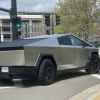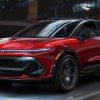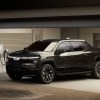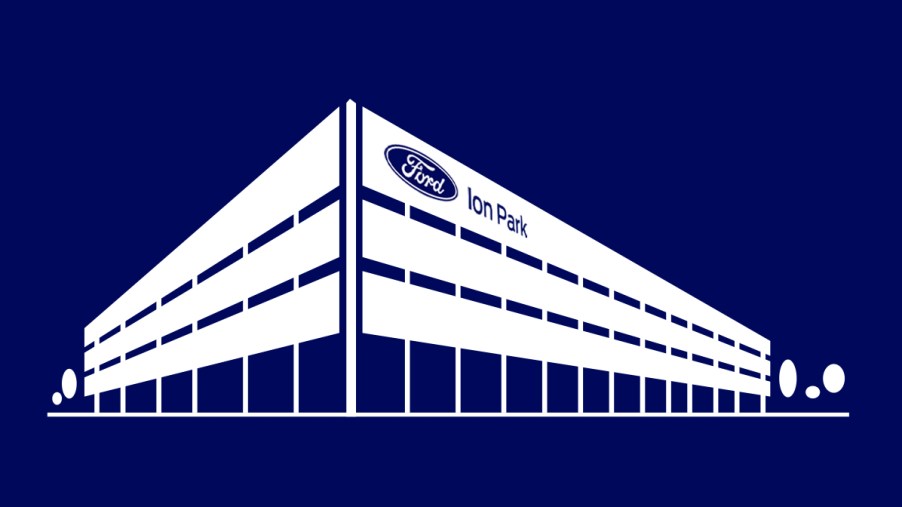
All Roads Lead to Romulus Michigan as Ford Invests $100 Million in EV Battery Research
The electric car business is booming as Ford and other automakers push for an all-electric future. That’s why Ford is investing $100 million in electric car battery research, purchasing a plot of land in Romulus Michigan. In hopes to advance electric technology and stimulate job growth, the initiative paints a bright future for American electric cars.

Battery research facility in Romulus brings the auto industry back to Michigan
It’s called Ion Park, a dedicated research facility for electric car batteries. A123 owned the 270,000 square foot facility first but closed down in 2017 due to low electric car demand. This $100 million investment is part of a $185 million electric push, with the rest dedicated to battery testing. And Ford projects that by 2025, they’ll have invested $30 billion (with a B) in electrifying their fleet.
And Ford didn’t just throw a dart on the wall when choosing the location. They deliberately picked Romulus in an effort to bring the auto industry back to Michigan, committed to that promise since 2010. And the town it’s located in will receive certain tax breaks, including local property taxes and the six million dollar state education tax.
Detroit Free Press explained that “part of the inspiration for this effort is driven by supply chain challenges in recent months that have created costly disruptions in the automotive industry and others.” In other words, they’ve learned from their chip shortage mistakes, and don’t want to experience these delays while transitioning to electric cars.
What kinds of battery research will be conducted?
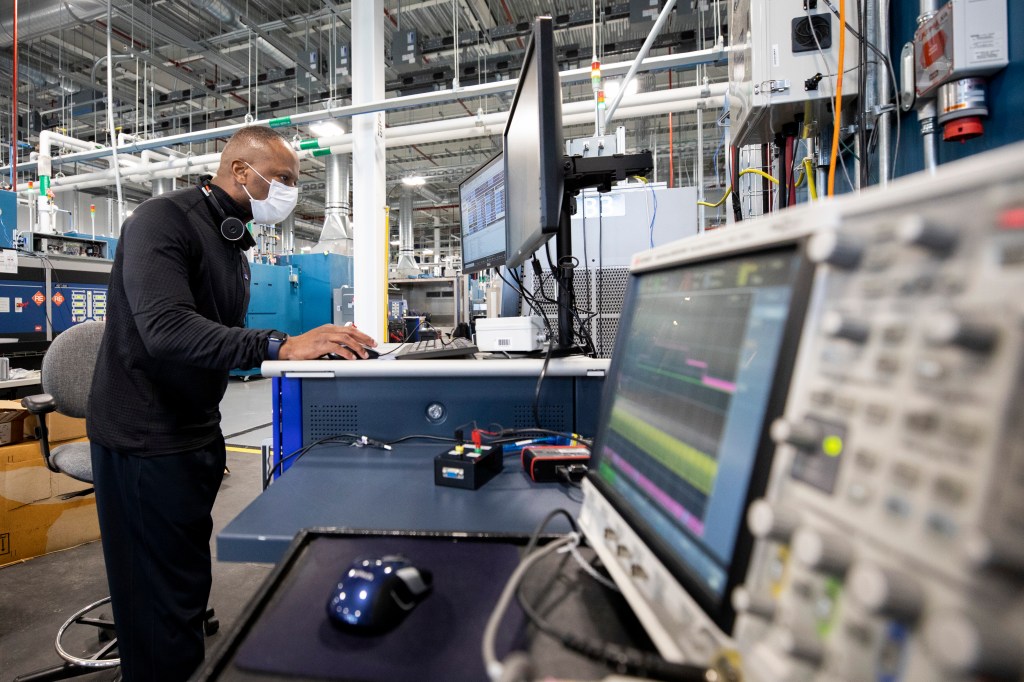
Now more than ever, extensive battery research is crucial to the success of long-term electric cars. And while it’s impossible to say what Ford will do with the facility right now, there are a few areas they may focus on.
The most concerning talking point, the primary power source of today’s electric cars, lithium, may eventually run out. This leaves automakers with two choices: find a new battery technology, or find a way to recycle them. One possible solution is iron-air batteries, which are cheaper to manufacture and less expensive to maintain.
Because electric car batteries are more complex, recycling them is trickier than your standard 12-volt battery. But the 200 workers about to be hired at Ion Park will be tasked with making batteries more efficient, easier to attain, and reusable in the years to come.
How many electric cars does Ford make now?
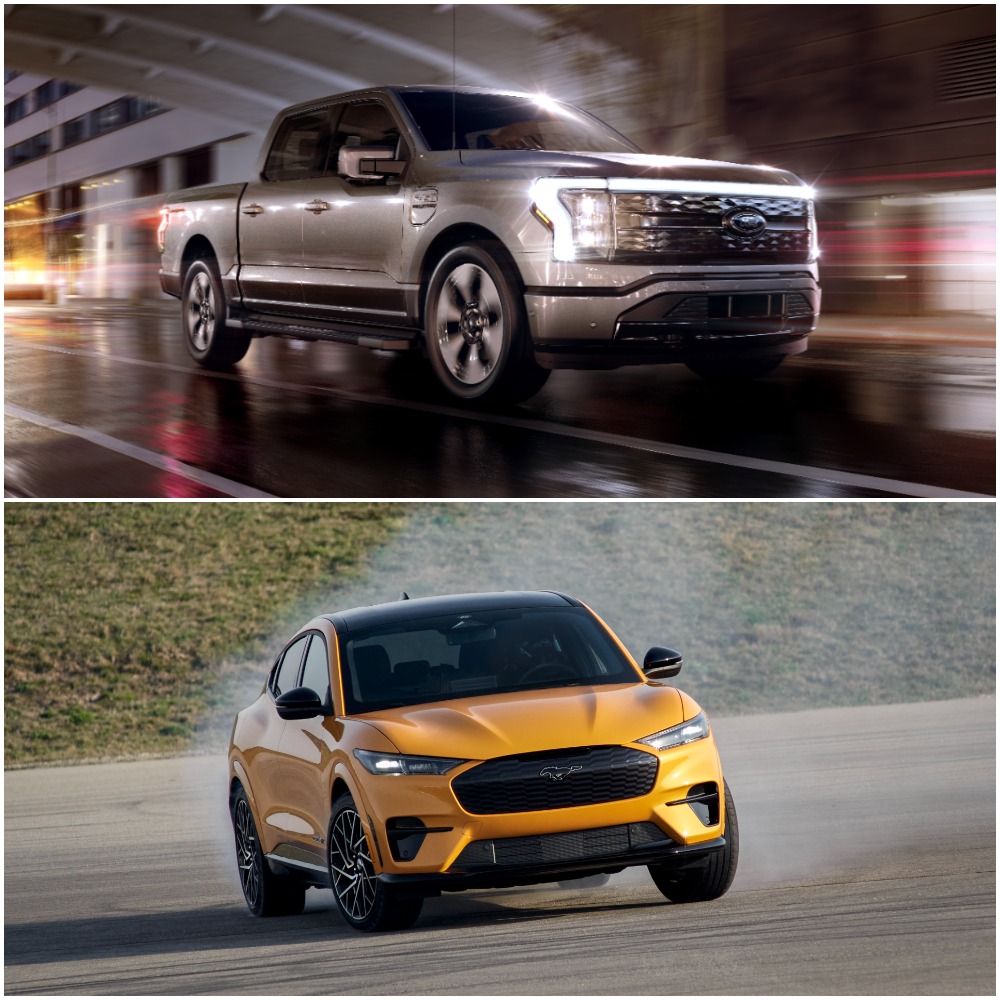
Ford is one of the frontrunners for electric cars, with the Mach-E and the F-150 Lightning making setting the bar for new EVs. Both of them are soon to feature BlueCruise, a Level 2 Autonomous Driving capability. And both are making electric vehicles affordable for the masses. On top of that, Ford is electrifying their infamous Transit lineup, pursuing solutions to making other businesses more eco-friendly.
And while they’re not electric, Ford’s hybrid effort is also reducing the brand’s emissions footprint. With the Ford Maverick hybrid shattering expectations with excellent gas mileage and surprising strength, Ford is taking all the right measures to promote a clean, green future in America.
